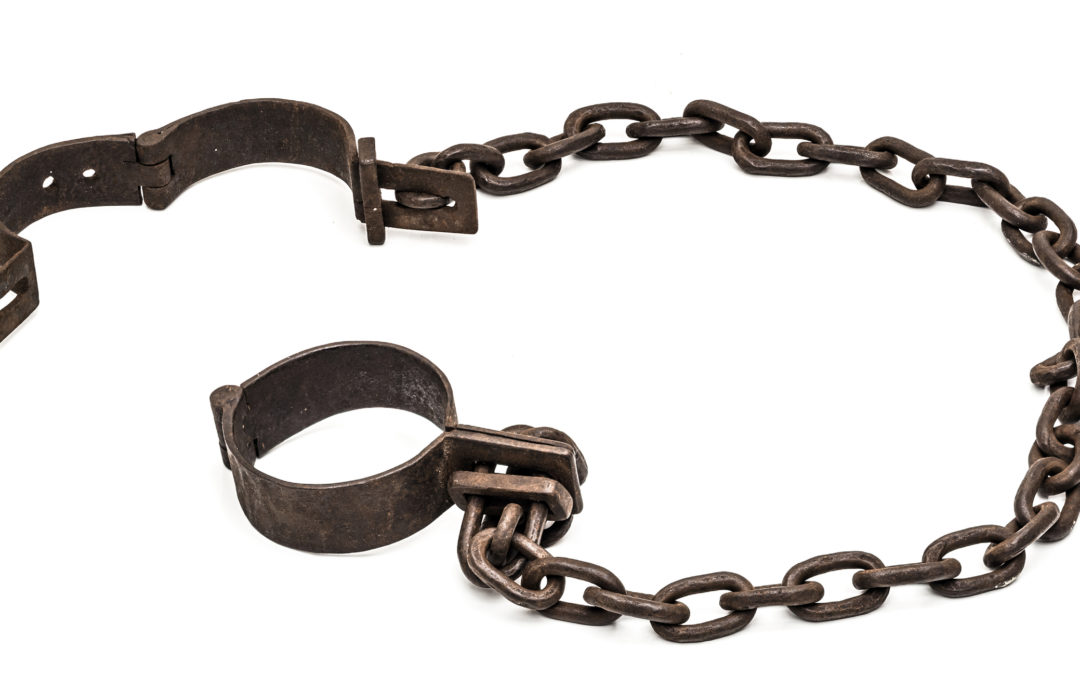VIDEO: Watch SIA 101.11: The Problem of Slavery in the American Founding – Part II (Video time: 45 minutes)
REQUIRED READINGS: Handout
TERMS, PEOPLE, & PLACES TO IDENTIFY
Where there is a time mark, the answer is provided at the time indicated in the relevant podcast or video. Where there is no time mark indicated, the student should look up in a book or perform an Internet search for the term, person, or place.
- Review the Declaration of Independence
- Sacred
- Hemisphere
- Captivating
- Thither
- Piratical
- Opprobrium
- Infidel
- Prostituted
- Suppressing
- Prohibit
- Execrable
- Commerce
- Assemblage
- Obtruded
- Vitriol
- Query
- Perpetual
- Boisterous
- Tyrant
- Provocation
- Recollections
- Norm
- Hypocrite
- Unremitting
- Despotism
- Imitative
- Philanthropy
- Intemperance
- Odious
- Peculiarities
- Prodigy
- Undepraved
- Temperate
- Perceptible
- Abating
- Mollifying
- Auspices
- Emancipation
- Extirpation
- Convulsions
- Refutation
- Sir Isaac Newton
- Thomas Jefferson (Review)
STUDY QUESTIONS
- Who was the main author of the Declaration of Independence? (1:20)
- Thomas Jefferson was a slave owner. True or False?
- What words in the Declaration of Independence did Thomas Jefferson write that people find problematic or that conflict with the fact that he owned slaves? (1:29)
- Should this conflict be ignored? Why? (2:00)
- What three accomplishments did Thomas Jefferson want to be remembered for? (3:00)
- Review the Declaration of Independence and the paragraph from Thomas Jefferson’s Rough Draft of the Declaration of Independence.
- Regarding the paragraph provided, where in Thomas Jefferson’s first draft of the Declaration of Independence would you find this? (7:00)
- When Thomas Jefferson calls King George III ‘piratical’, what does he mean? (9:50)
- What is Jefferson refer to? (9:50)
- Some colonies in British North America had tried to abolish slavery and the slave trade. True or False? (11:00)
- Why did Thomas Jefferson capitalize some words in this paragraph from his rough draft of the Declaration of Independence? (11:30)
- At the time that Thomas Jefferson wrote this paragraph from the rough draft of the Declaration of Independence, what other titles did King George III hold? (11:50)
- Why is Jefferson’s capitalization of the word ‘MEN’ significant in this paragraph? (12:15)
- Why is slavery wrong? (13:10)
- What did Jefferson think of the slave trade? (14:20 – 16:19)
- Did this paragraph from the rough draft of the Declaration of Independence make it into the final Declaration of Independence? Why? (16:30 – 18:35)
- Why is this paragraph from the rough draft significant? (18:40 – 20:50)
- What is the title of the only book Thomas Jefferson ever wrote? (21:00)
- Why did Jefferson write the book? (21:30 – 25:00)
- What was the book about? (25:00)
- From Notes on the State of Virginia, Query 18, what is Thomas Jefferson describing? (26:40 – 38:12)
- Was slavery the norm at the time Jefferson wrote his book? (26:40 – 38:12)
- Summarize Thomas Jefferson’s letter to Henri Gregoire, February, 25, 1809. (39:00)
- Based on Jefferson’s letter to Henri Gregoire, did he equate talent or ability (degree of talent) with a slaves natural rights? (41:20)
- What passage in his letter highlights this? (41:20)
- What example does Jefferson use to demonstrate his point? (42:30 – 44:43)
- Summarize Query 14 from Jefferson’s book, Notes on the State of Virginia. (45:00)

